BrainOBrain - children's development program
We increase your child's intellectual abilities through unique learning methods
What is BrainOBrain?
In the BrainOBrain children's development program, we place great emphasis on the individual development of the intellectual abilities and life skills of children between the ages of 4 and 14. In small classes, we support each child individually, emphasizing mindfulness, respect and individuality.
Our established support program uses a selected combination of methods and techniques that enable age-appropriate brain development and strengthen both cognitive potential and personality development in the long term.
For only 190 CHF per month 😍
Your child will:
Improving academic performance
Absorb and process information more effectively
Interact more successfully with peers and adults
Improve social skills and the ability to build relationships
Develop an understanding of complex concepts and creative solution finding
Learn skills to make smart decisions and take responsibility
BrainOBrain children's development program
Short overview
The group size is usually 6 children
The course times depend on the possibilities of the parents and children (this is how the groups are formed)
There are two different programs, one for preschool children and the other for school-age children.
The course takes place once a week for 2 hours (tutoring for the topics of the Brainobrain program is included)
The price per month is CHF 190.-
What is being funded?
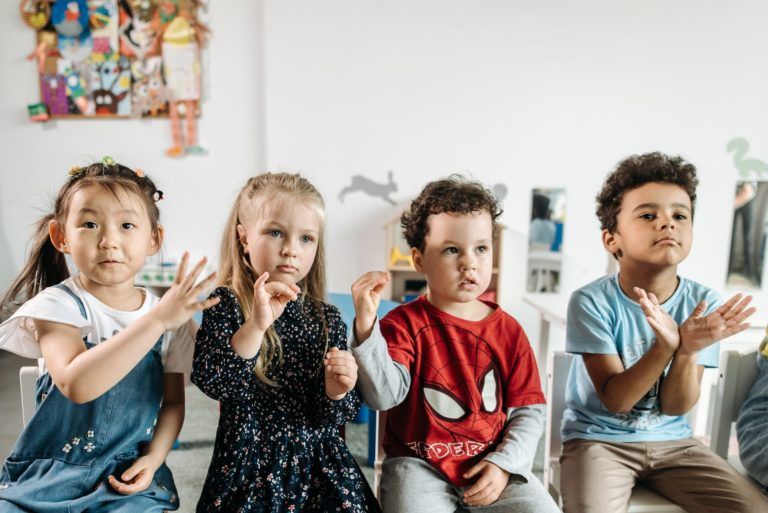
Concentration & learning 🎓
In our children's development program, we help children improve their ability to concentrate and learn more effectively. With proven methods and individual support, we help them to develop their full intellectual potential.

Confidence & communication 😃
We give children the tools to be confident and communicate effectively. Our children's development program helps them to build their confidence and improve their communication skills, whether in interactions with peers or adults.
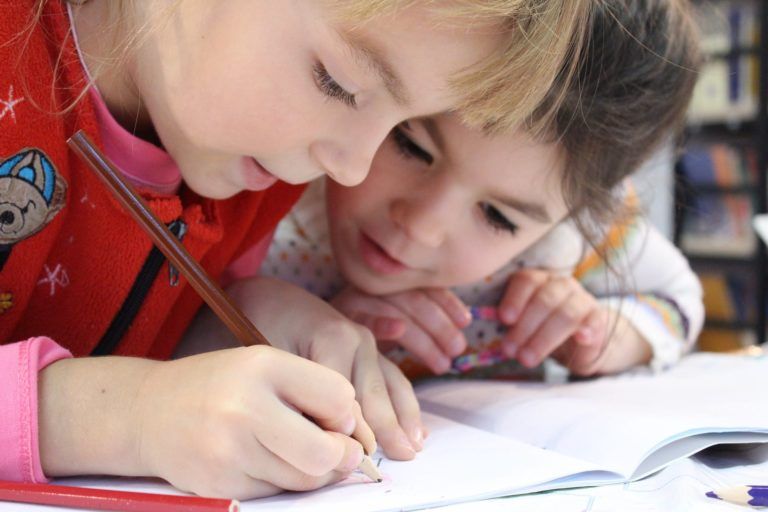
Creativity & imagination 🤍
We encourage children to use their imagination and develop their creativity. Through creative exercises and techniques in our children's development program, we encourage their imagination to discover new ways, solve problems and develop innovative ideas.
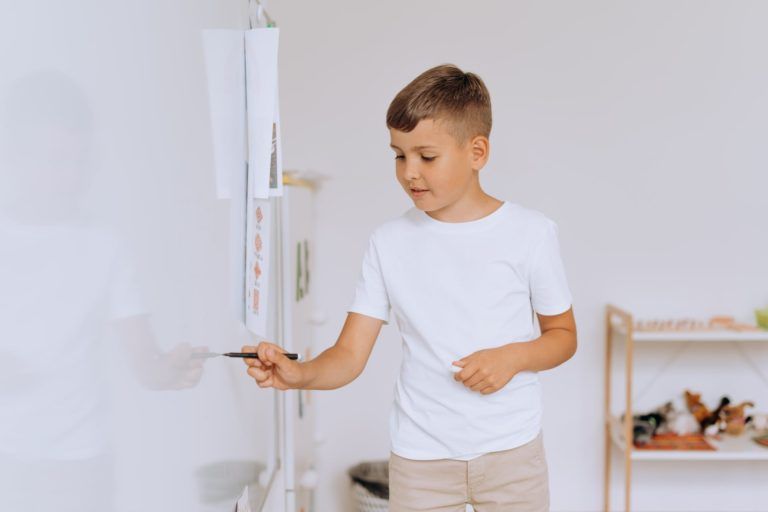
Decision Making & Leadership 🤝
We prepare children to become strong and responsible decision-makers. Through interactive activities and role-playing, we promote the development of leadership skills and the ability to make wise decisions.
Our program & methods
Our children's development program improves the development of individual talents, practical skills as well as emotional and cognitive intelligence.
Through a brain-friendly environment and positive relationships with other children, we develop your child's intellect and self-confidence.
Our goal is to develop leadership skills and develop a self-reliant person who is able to make both emotional and rational decisions and be respectful of those around him.
In our children's development program, we use proven methods such as NLP and the Far Eastern abacus method to promote children's mental abilities.
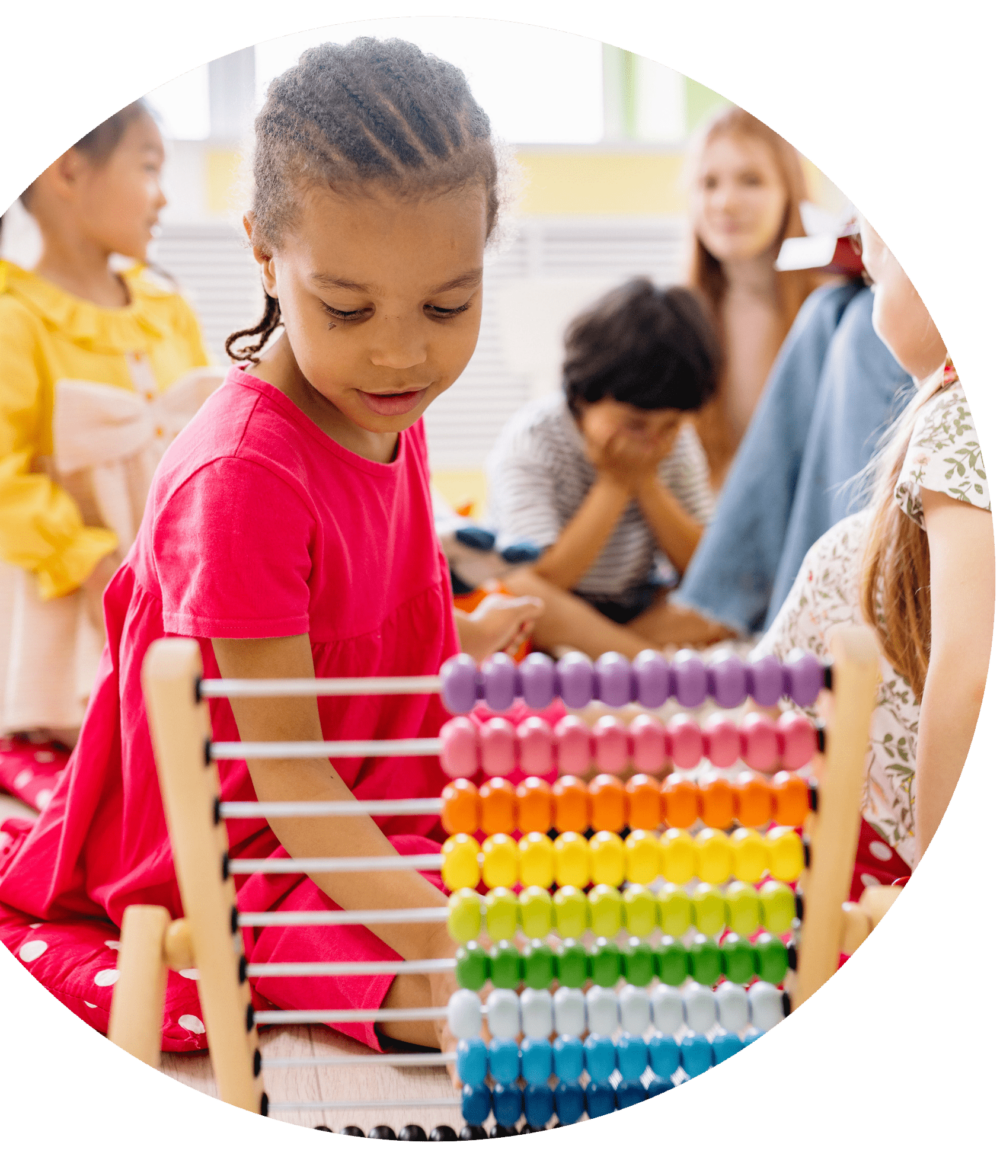
Mental Arithmetic
For mental arithmetic we use the abacus, an old calculating device. This promotes the visual, auditory and kinesthetic learning aspects at the same time.
In the BrainOBrain children's development program, we use it to get students to multiply three-digit numbers without paper or other aids. This "mental arithmetic" activates both hemispheres of the brain and unleashes the child's full intellectual potential.
NLP for children
The NLP (Neurolinguistic Programming) method is used by successful entrepreneurs, managers and executives to maximize their strengths and achieve goals more easily.
BrainOBrain is the only children's development program that integrates NLP into its methodology. The children learn this through play and can then apply it in a targeted manner later on.


VAK method
Our lessons stimulate the senses of sight, hearing and touch, as multi-sensory learning is proven to lead to greater success.
This sustainable and effective learning method promotes intellectual and life skills and activates the brain while stimulating curiosity and enabling satisfying learning.
Learn playfully
Children are naturally curious and explore, learn and find meaning in the things around them through play. The game develops motor and physical skills in children and stimulates their senses so that they can get to know the world around them and build relationships. Through play we learn how to function in a team, share with each other and maintain friendships.
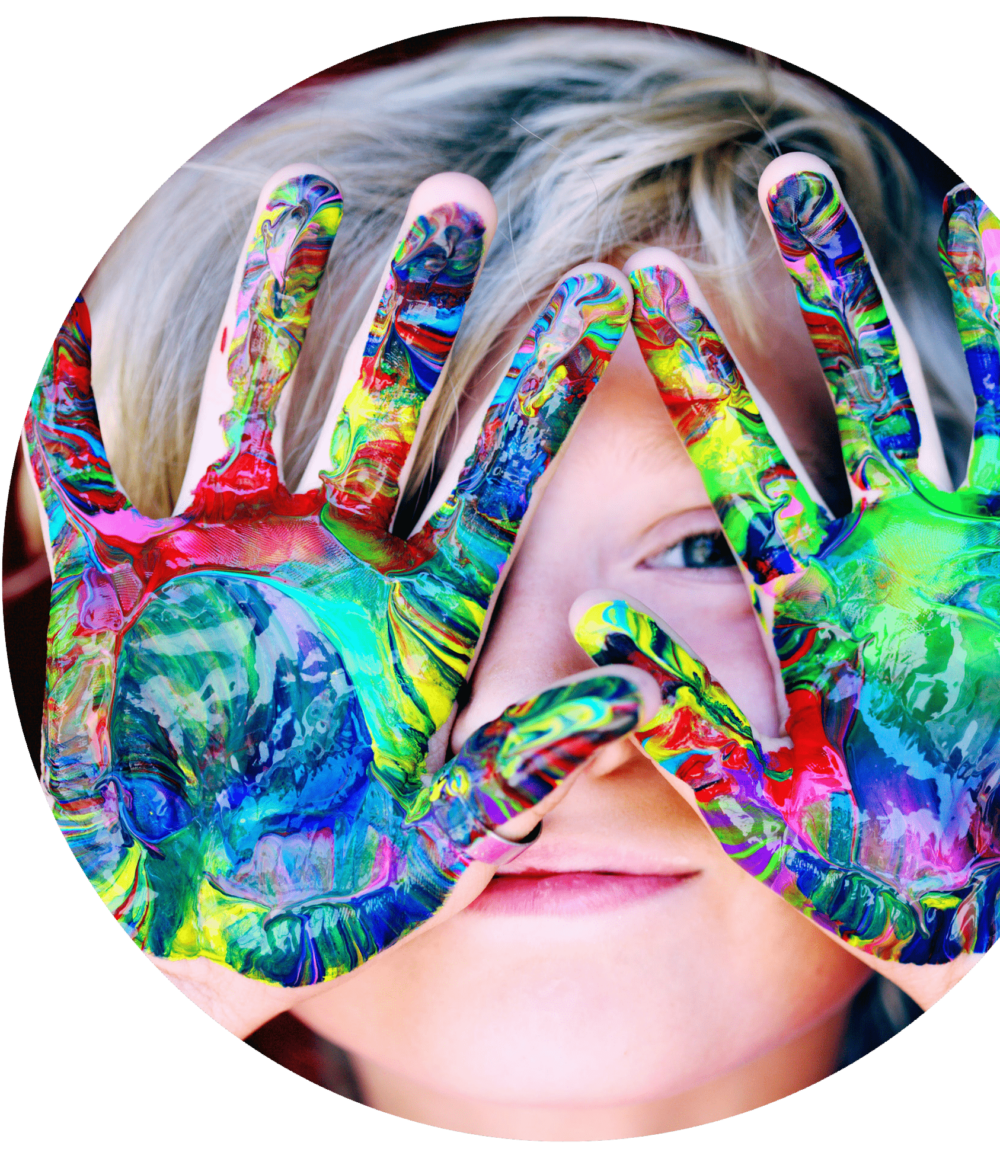

Soft Skills
Soft skills such as good communication, creativity, empathy, self-confidence, active listening and responsibility are crucial for personal and professional development.
In the BrainOBrain child development program, we place special emphasis on developing these skills to ensure that your child leads a fulfilling and productive life.
During the program we promote high-quality communication, empathy, creativity and respect, which not only brings cognitive benefits for the future but also supports personal development.
Frequently asked questions & answers
What is the BrainOBrain children's development program?
BrainOBrain is an innovative, international and bilingual educational program that promotes long-term intellectual and life skills in children.
How do lessons in the BrainOBrain educational center differ from lessons at school?
Children's intelligence develops during BrainOBrain-Program in a comfortable environment with emphasis on identifying talent and abilities of the child. A pleasant, relaxed and fun atmosphere in which positive emotional relationships are promoted enables children to develop their first leadership skills.
How is this educational program different from other educational programs for children?
The BrainOBrain-Program focuses on the individual support of children.
Furthermore is BrainOBrain the only learning program that, in addition to mental arithmetic, also contains the elements of NLP methodology.
What skills will my child develop during the child development program?
The BrainOBrainprogram enables your child to develop their full intellectual potential, to connect the two hemispheres of the brain in such a way that the areas of concentration, focus and memory are strengthened and logical-mathematical-analytical skills are improved... The BrainOBrain-Teachers develop your child's creativity and visualization skills and - together with you - raise them to become a self-confident person.
How can BrainOBrain help me with my education?
By developing their mental abilities, children become more confident, responsible, develop self-confidence and thus improve the quality of life not only for themselves but also for others around them.
What do children receive after completing the BrainOBrain program?
After each level, your child takes a test and receives a certificate that is recognized in 41 countries around the world. An appreciation that makes your child proud and motivated.
Who can attend the BrainOBrain children’s development program?
All children with normal development of physical, emotional and mental abilities can do this BrainOBrain-Visit program. Requirements:
Your child can:
- answer simple questions
- Moving abacus balls
- count up to 10 and
- draw simple written symbols
How long does the learning program last?
The BrainOBrain-Program consists of 10 to 12 levels. Each stage lasts 3 to 4 months. The lessons take place once a week after regular school lessons and last 120 minutes. In addition, the children are allowed an additional 2 - 4 hours per month to repeat the lessons and for additional exercises.

